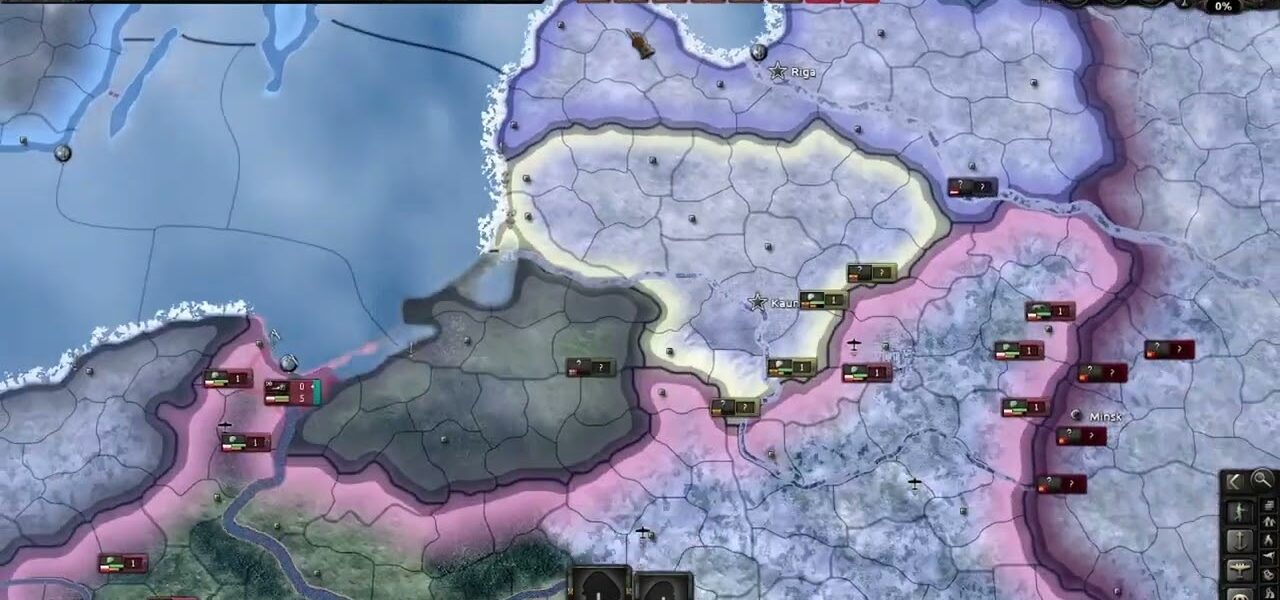Polish cinema has undoubtedly come a long way in the eight years since the Polish government approved the Cinematography Act (2005), to help kick-start the industry. While previously best known for historical epics and arthouse fare, which rarely travelled well outside the country’s borders, modern Polish cinema is more likely to be associated with Oscar contenders and award-winning young filmmakers making a name for themselves at international festivals.
Much of the credit for this rejuvenation should be given to the Polish Film Commission who, under the stewardship of Agnieszka Odorowicz, Poland’s former Deputy Minister of Culture, has proactively supported a new crop of emerging talent with a steady flow of financial support, generating impressive results at the domestic box office.
In 2012, films like Agnieszka Holland’s In Darkness (which made $6.4m at the box office), Leszek Dawid’s You Are God ($7.8m) and Piotr Trzaskalski’s My Father’s Bike ($2.7m) all made it to the top 20 at the domestic box office. This is an impressive trend which has continued in 2013, with Wojtek Smarzowski’s crime thriller Traffic Department firmly entrenched at the top of the box office, having made $6m and counting.
The industry is not looking to rely of home-grown talent alone, however, As a signatory for the European Convention on Cinematographic Co-Production, Poland is also actively encouraging foreign filmmakers to its shores with a string of co-production treaties and a network of 11 regional funds (with three more likely to be added in the near future).
One such fund is offered by the Krakow Film Commission, a relatively recent subsidiary of the more established Krakow Festival Office, which is tasked with supporting and encouraging both domestic and international productions to the Krakow and Malopolska regions. In addition to assisting with the practicalities of on-location shoots such as permits, location recces and production logistics, the commission is able to offer financial support to productions able to demonstrate their commitment to promoting the region, its residents or businesses in any way which may positively contribute to the local economies.
Projects which have already taken advantage of this fund include Marcin Krzysztalowicz’s Manhunt and Prashant Chadha’s India/Poland co-production, Aazaan which shot on the streets of Krakow before moving on to Germany, France, Thailand, China, Morocco and South Africa. In 2013, the Krakow Regional Film Fund, chaired by Rafał Orlick, has selected eight projects—three features, three documentaries and three animations—to share a funding pot of PLN 983,500 (£196,650)
While Krakow offers a fantastic range of locations and the requisite support, the region is also home to Poland’s largest—and one of Europe’s newest—studio complexes. Located less than 30 minutes by road from the city centre, Alvernia Studios is a huge cluster of inter-connected, domed buildings that look more at home on an arid lunar surface than in the Polish countryside. The brainchild of Stanislaw Tyczynski, one of Poland’s foremost entrepreneurs and former owner of private commercial radio broadcaster RMF, the studio is a unique, yet functional mix of ‘Art Nouveau meets HR Giger’. In fact, it’s no co-incidence that the whole studio feels more like the set for a science-fiction film rather than a working studio. Described as a perfectionist, Tyczynski designed all aspects of the studio, and the result is exceptional attention to detail.
Touted as a filmmaking ‘one-stop-shop’, the facility is able to combine cutting edge film services with financial investment in selected domestic and international co-productions, including the 2012 Nicholas Jarecki-helmed US-Polish co-production Arbitrage and the recently announced team-up with US producer Brett Ratner for the Agnieszka Vosloo scripted Magnitude 9.
While Alvernia may not have the cavernous soundstages of its rivals, such as Budapest’s Korda Studios or Prague’s Barrandov Studios, its soundstages are by no means diminutive. The studio’s two main dome-shaped soundstages each measure 2000 sq. meters in size and 16 meters in height, with one dedicated entirely to blue screen for motion capture shoots. Indeed Alvernia has invested heavily in this technology by opting for a mobile 24 x 16 megapixel Vicon camera setup, which is able to capture the movements of multiple actors simultaneously.
Although the whole complex is equipped with latest digital technology, the studio is also able to accommodate 16mm and 35mm celluloid shoots through their on-site film Kodak Imagecare certified processing laboratory and digital intermediary studio capable of scanning film up to 4K resolution. And, in keeping with its one-stop-shop ethos, Alvernia also has an audio recording studio with facilities for ADR, along with a large live performance area and a screening room for colour-grading. Further Dolby certified audio mixing facilities are connected to the rest of the studio and post-production areas by a secure, high-speed network.
On site post-production and visual effects services aside, the complex offers a substantial wooded backlot for exterior shoots supported by fully equipped mobile units including lighting, motion control rigs and catering.
With on-site expansion currently under way, a newly opened office in Mumbai, and work on the recently released Bollywood blockbuster Bhaag Milkha Bhaag under its belt, Alvernia’s steady progress as Poland’s international production hub is indicative of reasons so many filmmakers and choosing the Krakow Maloposka region for their productions. •











